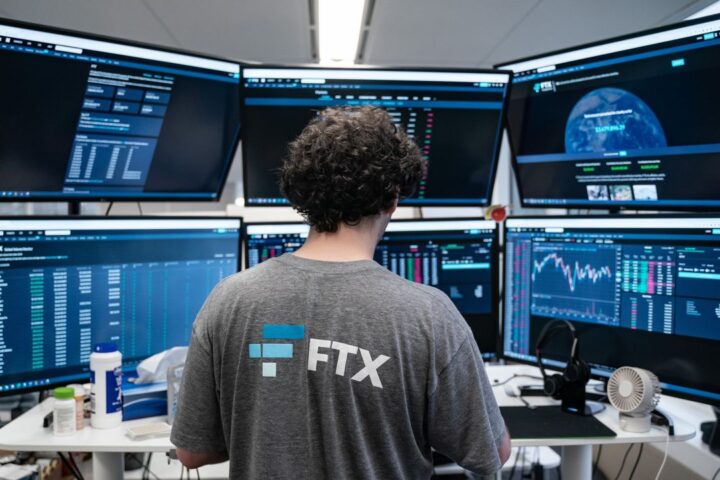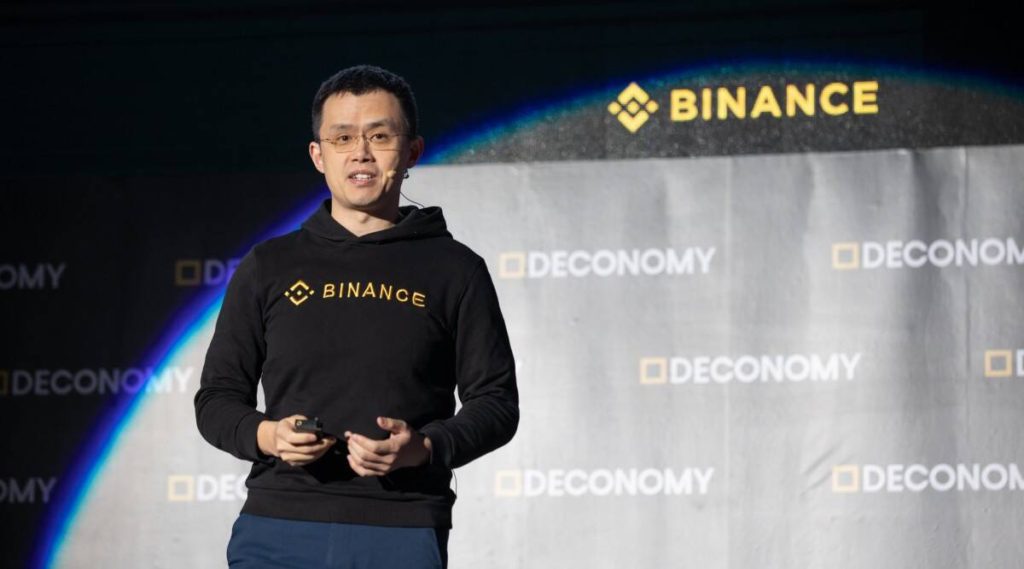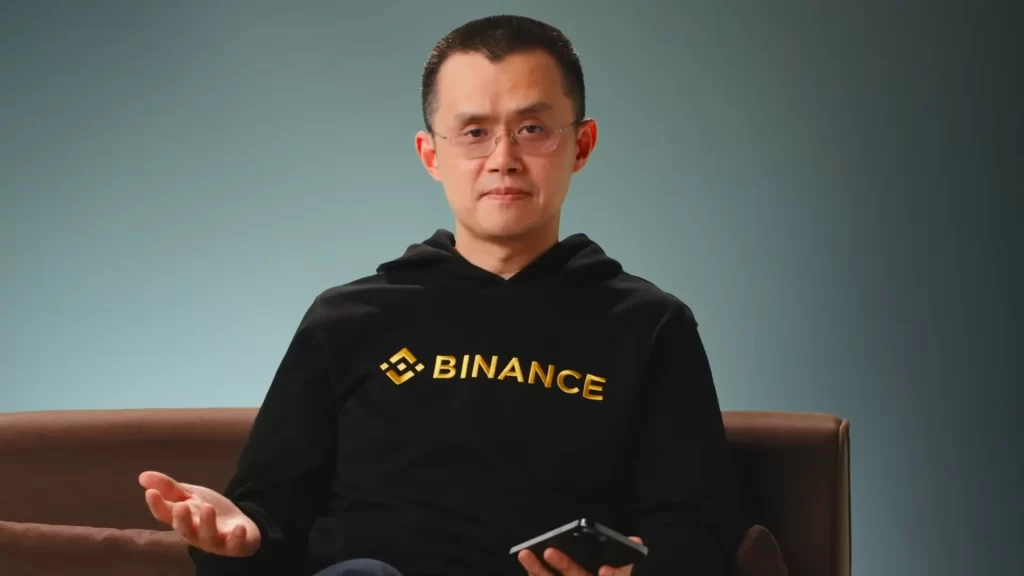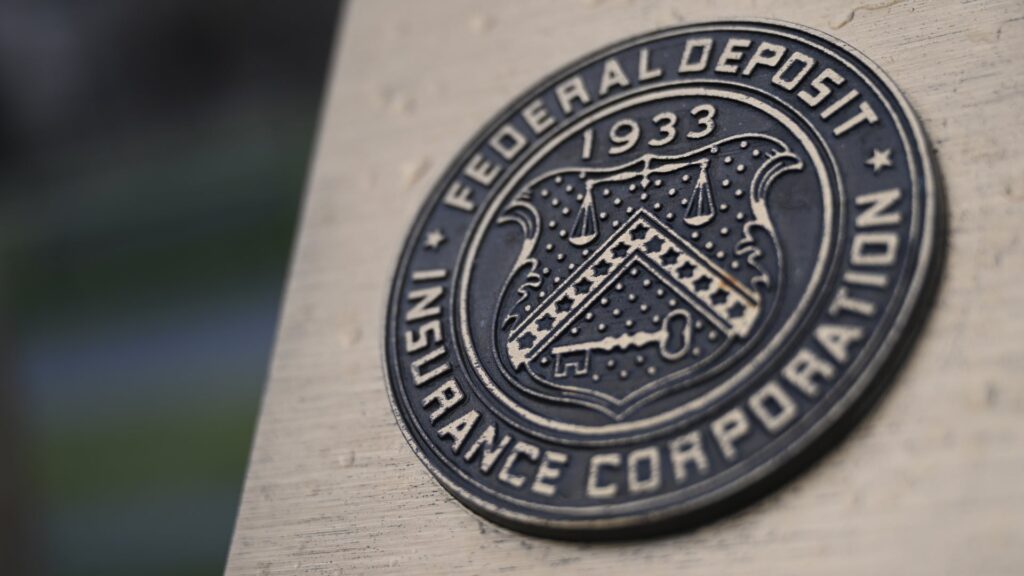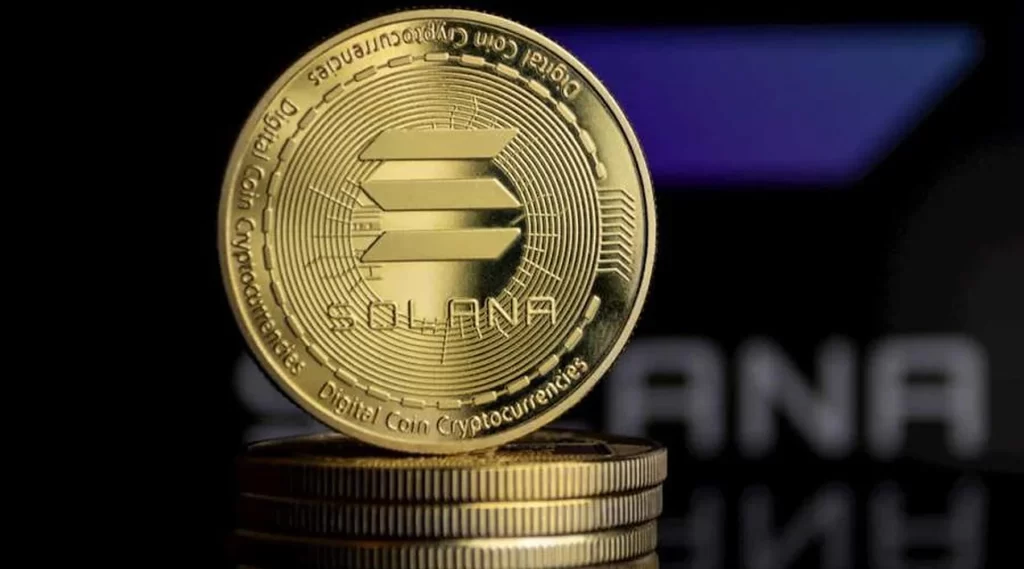Wirex, a crypto payment service, has alerted its customers in the European Economic Area (EEA) that its debit cards may cease to function due to licensing issues with its card provider, UAB PayrNet.
The announcement, made via email on June 23, follows a similar disclosure by Wirex’s competitor, Cryptopay, regarding potential card service disruptions in the region.
Wirex is a popular multi-currency crypto payment app that offers fiat on-ramps and off-ramps, along with debit cards.
With over 3 million users in Europe and Asia, Wirex assured its customers that their funds held in the app are secure.
The email clarified that while the card service interruption caused by UAB PayrNet’s problems will impact EEA customers, it will not affect their ability to access funds through other Wirex services, such as the IBAN service or cryptocurrency transfer and purchase options.
Customers were advised that no action is required on their part.
The underlying cause of the issue lies with UAB PayrNet, not Wirex’s internal system. On June 22, the Bank of Lithuania revoked UAB PayrNet’s electronic money institution license, citing multiple serious violations of legal acts and failures in administering Anti-Money Laundering measures.
However, the Bank of Lithuania reassured that customer funds are safe and held in dedicated accounts.
Attempts to contact UAB PayrNet for comment were unsuccessful. PayrNet’s director, Stephenas Couttie, expressed dissatisfaction with the bank’s actions, suggesting they may be disproportionate to the violations committed.
Wirex disclosed its plan to switch its debit card services to Transact Payments Malta Limited. Although this transition was already in progress, the current situation has expedited the process.
Wirex is collaborating closely with both PayrNet and Transact to restore the debit card system as quickly as possible.
During this interim period, Wirex customers in the EEA may experience card usage limitations.
Over the past two years, Wirex has been expanding its service offerings. In August 2022, it partnered with 1inch to enable wallet-based token swaps for its customers.
Additionally, Wirex integrated with the Avalanche network in February 2022, enabling users to deposit and spend AVAX through their Wirex debit cards.
Other Stories:
Melanion Capital Launches Bitcoin Equities ETF on Euronext Amsterdam Stock Exchange
SHIB Coin Prediction: Will Shiba Inu Coin Reach $1?
FTX Files Lawsuit Seeking $700 Million from Former Associates and Affiliated Funds
A recent paper claiming that Bitcoin’s scalability issues would hinder its adoption in the future has been strongly criticized by a team of researchers from the Bitcoin Policy Institute, a nonprofit think tank.
The researchers argue that the conclusions reached in the original paper, titled “Bitcoin’s Limited Adoption Problem,” are based on flawed assumptions about the nature of Bitcoin.
The first assumption challenged by the Bitcoin Policy Institute researchers is that payments on the Bitcoin network necessitate full network consensus for settlement.
They assert that this claim is inaccurate and fails to consider the mechanisms by which Bitcoin achieves consensus.
The second assumption disputed by the researchers is the idea that the addition of miners to the network slows down settlement times by delaying network consensus.
The institute researchers argue that this notion ignores the actual impact of miners on the timing of new transaction blocks and overlooks existing scaling solutions that have been widely implemented.
The third assumption rejected by the think tank is the assertion that there is an upper limit on Bitcoin payments due to the architecture of its blockchain.
The researchers argue that this claim fails to consider the scalability achieved through off-chain payments, which do not require consensus from the entire network and therefore provide greater scalability.
In their published paper titled “Bitcoin works in practice, but does it work in theory?,” the Bitcoin Policy Institute researchers from various reputable U.S. universities challenge the theoretical foundation of the “limited adoption problem.”
They emphasize that this problem is not reflective of how Bitcoin actually operates and criticize the original authors for their faulty understanding of the Bitcoin protocol.
While the institute’s research acknowledges that Bitcoin’s blockchain does face challenges in scaling for on-chain payments, they highlight that these issues have been recognized since Bitcoin’s inception and have been addressed through off-chain protocols.
They argue that Bitcoin scales through off-chain payments rather than increasing throughput at the base layer.
The researchers from the Bitcoin Policy Institute dismiss the original paper’s conclusions as misguided, highlighting that Bitcoin’s scalability concerns have been effectively managed over time.
They assert that the authors of the criticized paper have focused on theoretical obstacles that do not align with the practical realities of Bitcoin’s operation.
Other Stories:
United States Agencies Unite to Form Task Force Targeting Darknet and Cryptocurrency Crimes
Moody’s Issues Warning About Lack of Bipartisan Support for Crypto Regulation in the US
Binance Takes Steps Towards Enhanced Bitcoin Transactions with Lightning Network Integration
Škoda Auto, the Czech automobile conglomerate, has announced the launch of its NFT platform in collaboration with Near Protocol.
The Indian subsidiary of Škoda Auto, Škoda India, introduced the Web3 and nonfungible token (NFT) experience on June 20. Named “Škodaverse India,” the platform aims to offer several features such as low gas fees, interoperable NFTs for multiplatform usage, and eco-friendly, scalable NFTs.
The company emphasizes its commitment to sustainability by minting all NFTs on carbon-neutral blockchains.
While the exact release date and pricing details of the inaugural Škoda NFT collection have not been disclosed, users will be able to mint the NFTs by adding funds to their wallets once they are made available.
The developers promise a range of benefits for NFT holders, including ownership of unique digital assets representing Škoda’s artwork or collectibles, the potential for value appreciation and future resale, and access to exclusive perks, rewards, or experiences tied to NFT ownership.
Trading options will be available in both fiat currency and cryptocurrencies.
Škoda Auto’s NFT platform marks the company’s foray into the Web3 space, as it expands its digital presence. The platform invites users to explore, collect, and own unique digital art pieces, as the company embraces the possibilities offered by the Web3 technology.
Founded in 1925 in what was then Czechoslovakia, Škoda Auto became one of the largest industrial manufacturers in Interwar Europe.
However, it was later nationalized in 1948. Following the collapse of the Czechoslovak Communist regime in 1990, the company gradually became a subsidiary of German automobile manufacturer Volkswagen.
Škoda cars have gained popularity in Central and Eastern European countries, with a total of 731,000 cars delivered in 2022.
With the launch of the NFT platform, Škoda Auto aims to leverage the growing interest in digital assets and blockchain technology.
By embracing NFTs and the Web3 space, Škoda is positioning itself at the forefront of innovation in the automotive industry, offering unique digital experiences to its customers and collectors alike.
Other Stories:
Analysis: Why is Bitcoin (BTC) Price Up Today?
Big Eyes Launch: Did All of the Investors Just Get Scammed?
Fund Manager Predicts Bitcoin Will Reach $1 Million, Gives Bullish Coinbase Assessment
Binance, one of the leading cryptocurrency exchanges, has announced its plans to implement Lightning Network nodes to enhance Bitcoin transactions.
The exchange aims to enable smoother BTC deposits and withdrawals while addressing network congestion issues.
On June 20, Binance took a significant step towards integrating the Lightning Network by initiating the operation of nodes on the network. In a tweet, Binance acknowledged the presence of these nodes and expressed gratitude to users who noticed them.
However, the exchange also mentioned that further technical work needs to be completed before the Lightning integration can be fully implemented. Binance has assured users that updates will be provided as progress is made.
The decision to incorporate the Lightning Network came in response to the congestion witnessed on the Bitcoin network on May 7.
Binance recognized the potential of the Lightning Network in alleviating bottlenecks and enabling BTC withdrawals during such situations.
The increased congestion was primarily caused by a surge in BRC-20 transactions, with the popularity of memecoins contributing to the issue.
The Bitcoin Lightning Network is a layer-two protocol built on the Bitcoin blockchain, specifically designed to address scalability challenges. By creating payment channels and conducting off-chain transactions, participants can achieve faster and more cost-effective transfers.
Settlements on the Bitcoin blockchain occur only when necessary, enhancing the speed, scalability, and privacy of Bitcoin transactions. The Lightning Network is particularly beneficial for microtransactions, reducing fees and congestion on the main network.
While implementing the Lightning Network, Binance has also been dealing with a legal battle with the United States Securities and Exchange Commission (SEC). This situation has created a period of uncertainty for the company.
However, there has been a recent development that brought some relief. Judge Amy Berman Jackson of the U.S. District Court for the District of Columbia approved a consent agreement between Binance, Binance.US, and the SEC.
This agreement effectively dismissed the temporary restraining order filed by the SEC, which would have frozen all Binance.US assets.
In conclusion, Binance’s decision to implement Lightning Network nodes demonstrates its commitment to improving the efficiency of Bitcoin transactions.
By integrating the Lightning Network, Binance aims to alleviate network congestion and provide smoother BTC deposits and withdrawals for its users. Additionally, the recent resolution of the legal dispute with the SEC brings some stability to the company’s operations.
Other Stories:
Fund Manager Predicts Bitcoin Will Reach $1 Million, Gives Bullish Coinbase Assessment
Bitcoin Surpasses 50% Market Dominance For First Time in 2 Years
Binance, a major cryptocurrency exchange, has refuted claims suggesting its affiliation with a registered entity in the United Kingdom (UK).
The controversy emerged when a post on the r/buttcoin subreddit revealed a modest structure known as a “utility closet” in Mildenhall, Suffolk County, England, purportedly serving as Binance Ltd’s registered office address in the UK. Nevertheless, a representative from Binance has informed Cointelegraph that the mentioned entity is not associated with the exchange.
The address in question belongs to OfficeServ, a company that offers virtual registered address services, aiming to provide clients with a credible business location.
Google Maps confirms the site’s presence as a small and unremarkable garage building situated on the outskirts of Mildenhall, approximately ninety minutes away from London.
According to Companies House, Binance Ltd is registered to engage in “other service activities not elsewhere classified.”
Although the specifics regarding this entity, Binance Ltd, remain ambiguous, the Financial Conduct Authority in the UK has previously cautioned the public about crypto “clone” firms.
These fraudulent entities employ information from legitimate organizations to deceive potential victims into believing their authenticity.
Multiple entities incorporating “Binance” in their names can be found across various addresses throughout the UK.
The utilization of virtual “shell” addresses by technology companies has been a prevalent practice globally and within the United States for several years. Such addresses serve various purposes, including preserving privacy, concealing patent filings, or establishing businesses in tax havens.
One prominent example is the Corporation Trust Company, the largest registered agent service firm globally.
Numerous well-known companies, including Google, Walmart, Coca-Cola, and Apple, have availed themselves of its services. The company operates from an unassuming brick building in Delaware, which allows firms to maintain confidentiality.
Apple, for instance, employed the Corporation Trust Company in November of the previous year to obscure patent filings related to its recently announced Vision Pro headset and the accompanying operating system.
Another notable case involves Wyoming Corporate Services, which Reuters exposed in 2011, describing it as a “brick house” situated in a placid city and housing around 2,000 registered companies at that time.
Binance has categorically denied any connection to the entity registered at the modest address in Mildenhall,
UK. Virtual shell addresses have been utilized by technology companies worldwide to fulfill various purposes, although they have also raised concerns regarding privacy and potential fraudulent activities.
Other Stories:
Elon Musk suspends ‘scam crypto account’ on Twitter
Crypto exchange criticised by FDIC for spreading misinformation
Binance takes legal action against ‘Binance Nigeria Limited’
OKCoin USA, Inc., a cryptocurrency exchange, has been called out by the US Federal Deposit Insurance Corporation (FDIC) for disseminating false and misleading information about its deposit insurance.
In a letter sent to OKCoin USA, Inc., the FDIC demanded immediate corrective action to address these misleading statements.
On the same day, the FDIC also sent letters to Bodega Importadora de Pallets and Money Avenue LLC, cautioning them about the potential harm their statements could cause to consumers.
FDIC Chairman Martin J. Gruenberg stated that the agency has noticed an uptick in the misuse of the FDIC’s name or logo, as well as false claims about deposit insurance, which can confuse individuals about the legitimacy of an insured institution and the protection offered by deposit insurance.
The FDIC pointed out that OKCoin and its senior executives have made repeated misleading statements. For instance, OKCoin claimed in a post that it possessed “FDIC insurance on OKCoin accounts” and stated on Twitter that one of its affiliated exchanges offered FDIC insurance.
In response, the FDIC issued a directive to OKCoin, ordering the removal of all statements implying FDIC insurance or endorsement of any specific blockchain.
The cryptocurrency exchange has been given a deadline of 15 business days to provide written confirmation to the FDIC that it has complied with these demands.
It is important to note that the FDIC only provides deposit insurance for deposits held at insured banks and savings associations, and not for deposits at cryptocurrency companies.
The maximum coverage offered by the FDIC is at least $250,000. In a fact sheet released in July 2022, the FDIC explicitly stated that deposit insurance does not apply to financial products like stocks, bonds, commodities, or cryptocurrencies.
The FDIC emphasized that apart from the potential harm to consumers, misinformation and confusion caused by misrepresentations about deposit insurance can also expose banks to legal risks if a cryptocurrency company or other third-party partner misrepresents the extent and nature of deposit insurance. The agency issued a related advisory last year to highlight these concerns.
Other Stories:
SEC addresses enforcement action against Binance and Coinbase
Charles Hoskinson, the founder of Cardano, has recently revealed his involvement in an expedition dedicated to finding a meteor of interstellar origin that crashed onto Earth in 2014.
The United States Department of Defense had already confirmed the meteor’s extraterrestrial origin in 2019. The search for this remarkable object is being led by the Galileo Project, which operates under the auspices of Harvard University, with Professor Avi Loeb and his student Amir Siraj at the helm.
In an intriguing move, Hoskinson had previously invested $1.5 million in the Galileo Project in March 2023. On June 16th, he made his presence known, joining the researchers on the coast of Papua New Guinea in the Pacific Ocean, and documenting his experiences through a series of tweets.
One of his updates highlighted the extensive ground they still needed to cover, noting that they hadn’t yet begun using the sluice sled, an important tool for the expedition.
Meanwhile, Professor Loeb, another member of the research team, has been diligently updating a blog with daily reports on the expedition’s progress. In a recent post dated June 16th, he revealed the discovery of a manganese-platinum wire with a unique abundance pattern distinct from commonly available commercial products.
Hoskinson’s involvement in such an intriguing venture comes as no surprise, as he is known for investing in unconventional and exciting projects that push the boundaries of knowledge.
In March 2022, he announced his investment in a project dedicated to resurrecting the woolly mammoth, combining blockchain technology with the field of de-extinction.
With Hoskinson’s support, the Galileo Project and its team of dedicated researchers aim to shed light on the mysteries surrounding alien life and the potential existence of UFOs.
As the search for the interstellar meteor continues, the world eagerly awaits any breakthroughs or discoveries that may emerge from this extraordinary expedition.
The scientists involved in the expedition harbor a strong belief in the existence of extraterrestrial life and speculate that the meteor that crashed into the ocean may actually be a fragment of an unidentified flying object (UFO).
Other Stories:
SEC addresses enforcement action against Binance and Coinbase
BUSD plummets down stablecoin rankings
SEC addresses enforcement action against Binance and Coinbase
According to data from CoinMarketCap, BUSD, the stablecoin created through a partnership between Binance and Paxos Trust, has experienced a significant decline in market capitalization over the past 30 days, causing it to drop to the fourth position among stablecoins.
Currently, the market cap of BUSD stands at $4.3 billion, marking a 29% decrease from $5.54 billion recorded on May 18. This downward trend for BUSD began in December 2022 when its market cap reached an impressive $23 billion.
The decline in BUSD’s market cap appears to be closely tied to the major developments surrounding Binance, which followed the dramatic collapse of FTX in November 2022.
In December 2022, news emerged suggesting that the U.S. Department of Justice would focus its attention on Binance, triggering a massive net withdrawal of $3.6 billion in just seven days. Market makers, including Jump Finance, redeemed substantial amounts of BUSD, with withdrawals exceeding $245 million.
It is worth noting that the creation of BUSD resulted from a partnership between Binance and Paxos Trust, with Paxos being the issuer and owner of the stablecoin while Binance licenses its brand.
However, this partnership has presented new challenges for Paxos. In February, reports surfaced claiming that the U.S. Securities and Exchange Commission had issued a Wells notice to Paxos, alleging that BUSD was an unregistered security.
The fall in market capitalization and subsequent decline in BUSD’s position among stablecoins highlight the challenges faced by the cryptocurrency industry as it navigates regulatory scrutiny and market volatility.
It remains to be seen how BUSD and other stablecoins will respond to these challenges and adapt to the evolving landscape of the digital asset market.
Other Stories:
Changpeng Zhao claims Binance has reached key deal with the SEC
Binance in more legal trouble as 2022 investigation surfaces
Bakkt, a prominent cryptocurrency trading platform, has joined the likes of Robinhood and eToro by suspending trading of several major altcoins.
The decision came after the United States Securities and Exchange Commission (SEC) recently classified SOL, MATIC, and ADA as securities, prompting regulatory uncertainty in the crypto market.
The SEC’s recent lawsuits against Binance and Coinbase, in which the regulator categorized more than 20 digital assets as securities, have caused ripple effects across the industry.
This brings the total number of cryptocurrencies considered securities by the SEC to an estimated 68. In response to this regulatory landscape, Bakkt has chosen to suspend trading until there is greater clarity on how to compliantly offer a wider range of coins.
The delisting of altcoins by Bakkt, eToro, and Robinhood has significant implications for the crypto space. It further tightens liquidity for these tokens, which have already been impacted by the market downturn.
CoinMarketCap data reveals that MATIC, ADA, and SOL collectively lost nearly $10 billion in market capitalization. SOL’s market cap decreased from $8.78 billion on June 4 to $5.85 billion.
ADA’s market cap dipped from $13.31 billion to $9 billion, and MATIC’s market cap declined from $8.37 billion to $5.32 billion within the same period.
Bakkt’s decision to delist altcoins comes after its acquisition of Apex Crypto, a blockchain technology platform, for $55 million in cash and stock in April.
Following the acquisition.,Bakkt initiated an overhaul of token pairs traded on its platform, resulting in the removal of 25 out of the 36 listed crypto tokens.
The SEC’s enforcement actions have sent shockwaves through the cryptocurrency industry, leading to heightened regulatory concerns and subsequent delistings.
While these actions aim to ensure compliance and protect investors, they have introduced uncertainties for trading platforms and investors alike. As the industry evolves, market participants will closely monitor regulatory developments to navigate this ever-changing landscape.
Other Stories:
OKX Middle East Receives MVP Preparatory License From VARA in Dubai
Crypto community members have rallied together to support blockchain investigator ZachXBT, who is facing a defamation lawsuit that could potentially cost him over $1 million in legal fees.
In just over 24 hours, donations from the crypto community have surpassed the $1 million mark, highlighting the solidarity within the industry.
ZachXBT is well-known for his investigative work in the blockchain and cryptocurrency space. However, he recently found himself entangled in a legal dispute with Jeffrey Huang, also known as MachiBigBrother on Twitter.
On June 16, Huang took to Twitter to announce that he had filed a defamation lawsuit against ZachXBT, alleging that he had tarnished his reputation with false accusations.
The specific allegations made by ZachXBT were not explicitly mentioned in Huang’s tweet.
However, one of ZachXBT’s articles, titled “22,000 ETH Embezzled and Over Ten Projects Failed: The Story of Machi Big Brother (Jeff Huang),” published in June 2022, accused Huang of being involved in the launch of numerous failed pump and dump tokens and NFT projects.
ZachXBT responded to the lawsuit on June 17 through a series of tweets, labeling it as “baseless” and an attempt to stifle freedom of speech.
Recognizing the potential financial burden ahead, he established a donation wallet address for his followers to contribute towards his legal expenses.
He expressed his belief that the fees associated with defending himself could easily surpass $1 million.
Despite the overwhelming nature of the lawsuit, ZachXBT remained steadfast in his convictions.
He referred to the legal action as “sickening” but acknowledged that he had anticipated such a consequence, recognizing it as the price he must pay for upholding honesty and integrity in his work.
The remarkable response from the crypto community in supporting ZachXBT financially underscores the importance placed on defending free speech and protecting individuals who contribute to the transparency and accountability within the blockchain and cryptocurrency industry.
With the substantial donations received, ZachXBT now has a significantly strengthened position to address the legal challenges he faces, ensuring that his voice and investigative efforts continue to make an impact in the community.
Other Stories:
Nike set to release NFT collection with Fornite

